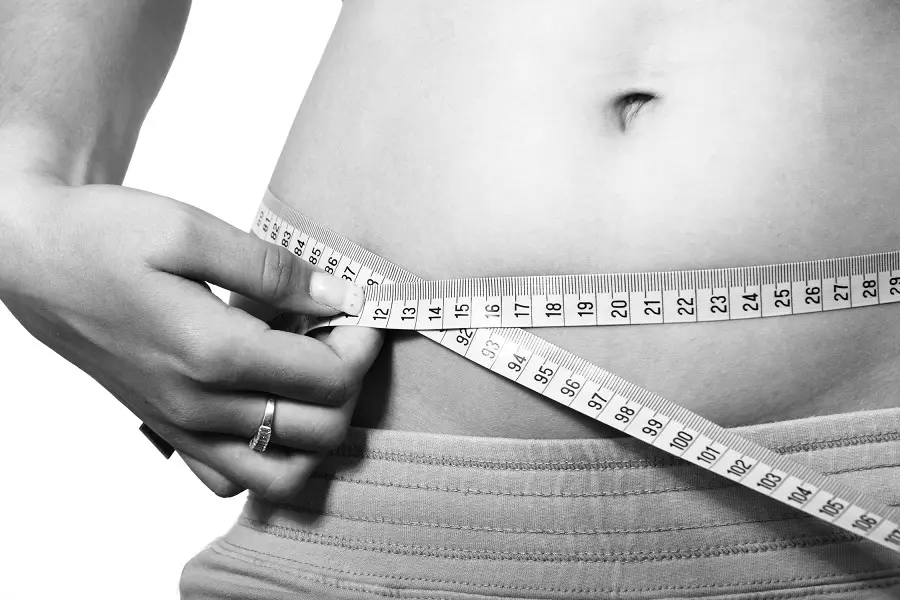Even if you regularly exercise and eat healthy foods, you may not be seeing the fitness results you desire.
Learn how counting calories works, why it’s beneficial, and how to apply the practice to your exercise routine so you can see the results you want.

How Does Calorie Counting Work?
Calorie counting works by comparing your caloric intake and expense each day, but it’s how you apply this information that’s really important. If you’re exercising to lose weight, for example, you need to burn more calories than you’re consuming.
If you want to gain weight for muscle development, you need to eat a surplus of calories so your body can build and repair muscle cells.
By calculating and monitoring the calories you burn and consume each day, you can create an accurate fitness plan to help you reach your goals. You can use Lifesum’s calories burned calculator, for example, to estimate the calories you’re burning while exercising and compare this to the calories you are taking in.
Who Benefits From Counting Calories?

Anyone who’s serious about exercising and has a target weight in mind benefits from counting calories. As a general rule, if you cut 500 to 1,000 calories per day from your diet, you can lose 1 to 2 pounds per week. Tracking how much energy you’re consuming and how much you use during exercise can thus help you meet your weight goals.
It’s important to remember, though, that everyone is unique and that the number of calories you burn will vary depending on exercise intensity and type, your body type, and other factors. A calculator will help you estimate energy burned, but it’s vital to listen to your body and nourish it appropriately.
Consider consulting with a doctor or nutritionist before starting a fitness routine.
Why Is Counting Calories Advantageous?
Counting calories can help you exercise more purposefully, and tracking results can keep you motivated to work on your health. It’s also advantageous for these reasons:
- Depleting fat stores: You need to perform exercises that are rigorous enough to target fat stores if you want to lose weight. For fat loss, you should also count calories to confirm you’re eating less than you need to maintain your current weight.
- Achieving your fitness goals: Whether you want to gain, lose, or maintain weight, counting calories and picking the right duration, intensity, and type of exercise gives you control over your diet and helps you stay healthy.
- Picking the right types of exercise: It’s important that you have plenty of variety in the types of workouts you perform. However, not all forms of exercise expend the same amount of energy. One hour of jogging, for example, will burn a different number of calories than one hour of jumping rope. After identifying the total calories you need to burn, you can use a calorie calculator to estimate the exercise type and duration required to meet your goals.
If you’re not seeing the results you want from an exercise plan, counting calories may help. Try it out to work more mindfully toward your fitness goals, whatever they may be.









































